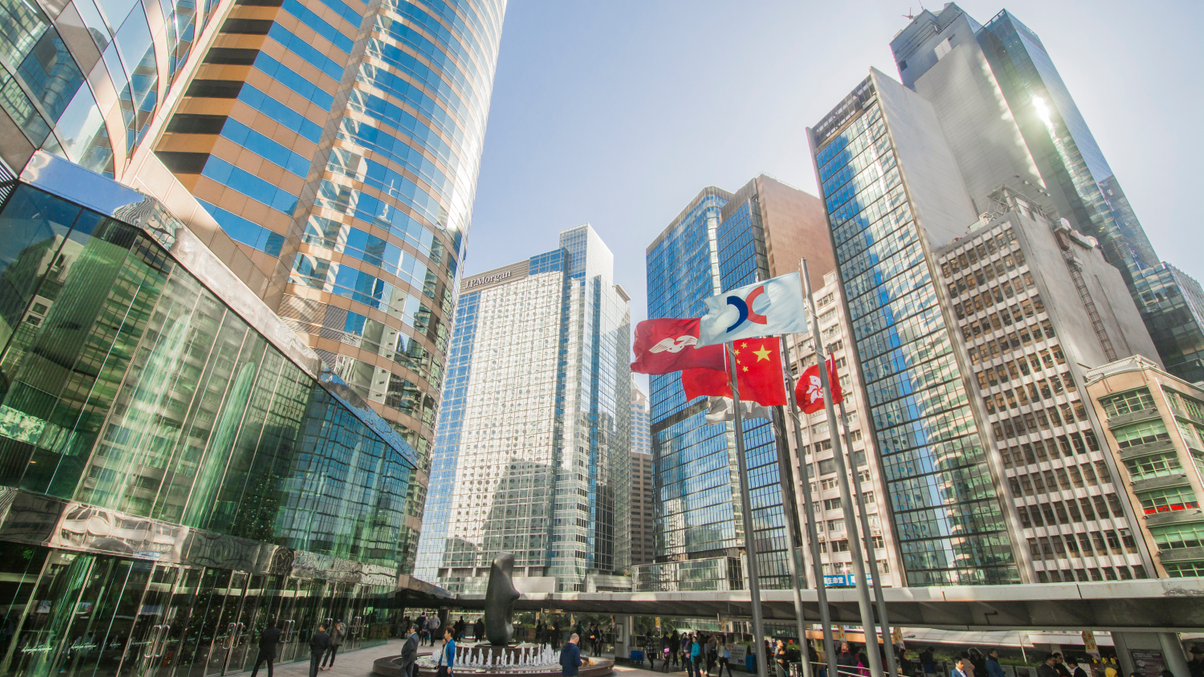Hong Kong consults market on listing rules for specialist tech firms
Pre-commercial companies are subject to a minimum market capitalisation requirement of HK$15 billion ($1.9 billion), while those with annual revenues of HK$250 million are expected to have a capitalisation of at least HK$8 billion at the time of listing.

A version of this article was first published on FinanceAsia.
Sign in to read on!
Registered users get 2 free articles in 30 days.
Subscribers have full unlimited access to AsianInvestor
Not signed up? New users get 2 free articles per month, plus a 7-day unlimited free trial.
¬ Haymarket Media Limited. All rights reserved.


